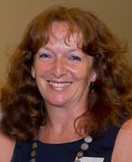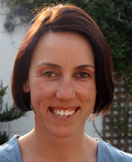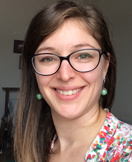WHO WE ARE

Aphasia Community Director: Professor Miranda Rose
Miranda is Professor at La Trobe University and an Australian Research Council Future Fellow. She leads the La Trobe University Aphasia Lab in Melbourne, Australia. Miranda was recently the Senior Researcher with the Centre for Clinical Research Excellence in Aphasia Rehabilitation which aimed to foster best practice in aphasia rehabilitation through the development of the Australian Aphasia Rehabilitation Pathway.
Miranda leads several large-scale research projects including the National Health Medical Research Council funded COMPARE randomized controlled trial of rehabilitation (Comparing constraint induced aphasia therapy and multi-modality aphasia therapy in chronic aphasia) and the Australian Research Council funded program of research concerning community aphasia groups. http://www.latrobe.edu.au/big-fat-ideas/research-focus-area-ideas/transforming-aphasia


Aphasia Community Moderators: Dr Lucie Lanyon and Dr Michelle Attard
Dr Lucie Lanyon and Dr Michelle Attard are founding members of the La Trobe University Aphasia Lab led by Professor Miranda Rose. They are clinical speech pathologists and researchers and completed their doctoral studies in the area of aphasia group practice. Their research focussed on investigating the core features of successful community aphasia groups and understanding the main barriers and facilitators to group participation.
WHY WE DO THIS
This resource was developed as a direct response to the needs expressed by speech language pathology clinicians, people with aphasia and their significant others, as well as other group facilitators involved in our collective research. The objective of the Aphasia Community website is to:
- Provide up-to-date information about aphasia groups running across Australia
- Share ideas and resources about aphasia groups
- Improve our understanding of best practice
- Support clinicians and other interested parties to develop and maintain community aphasia groups
